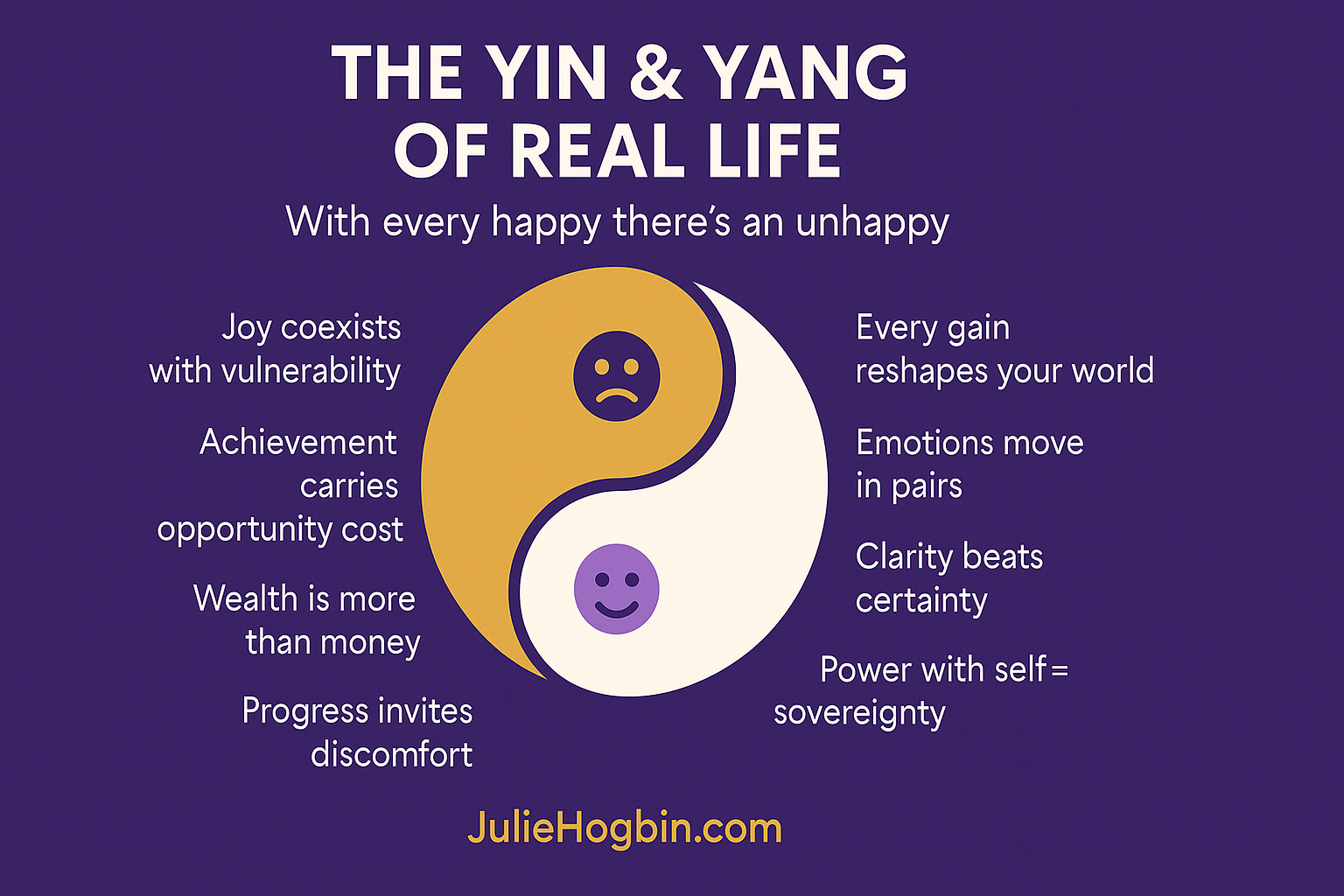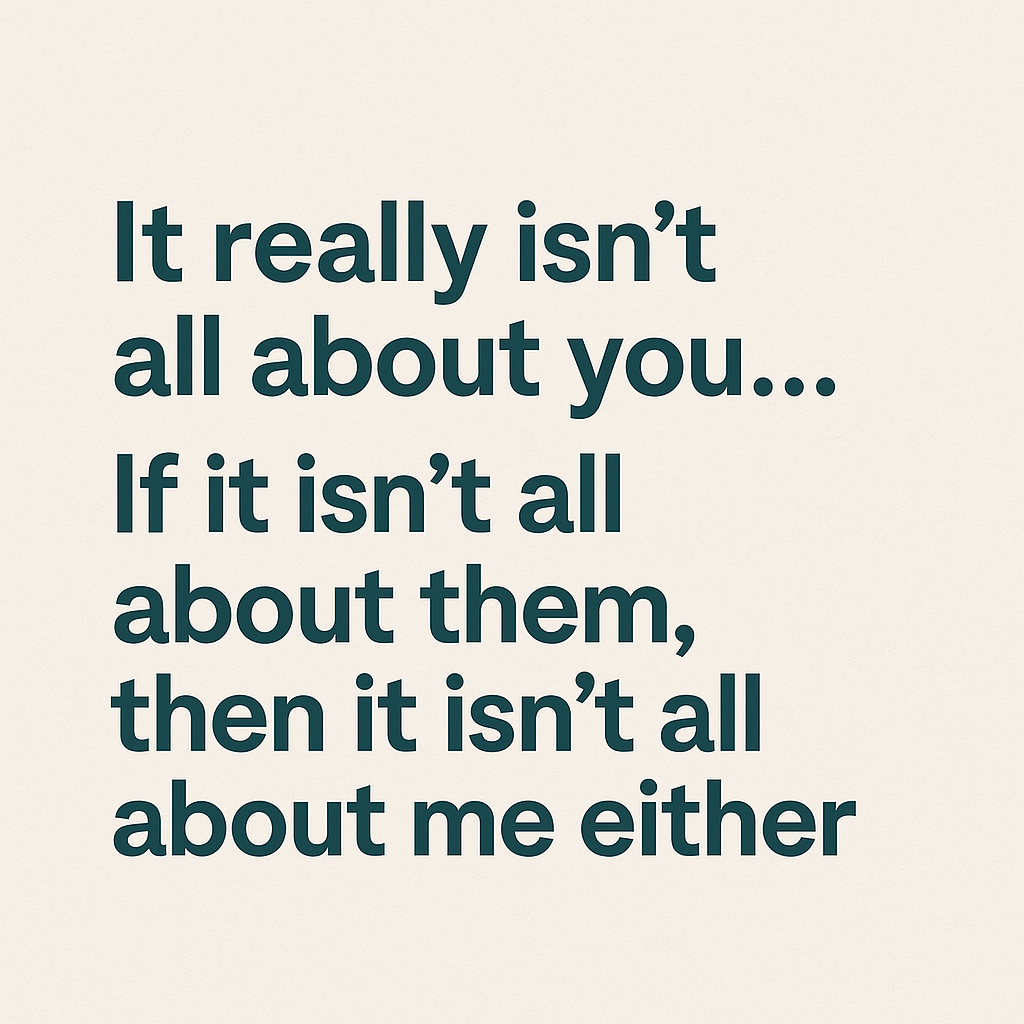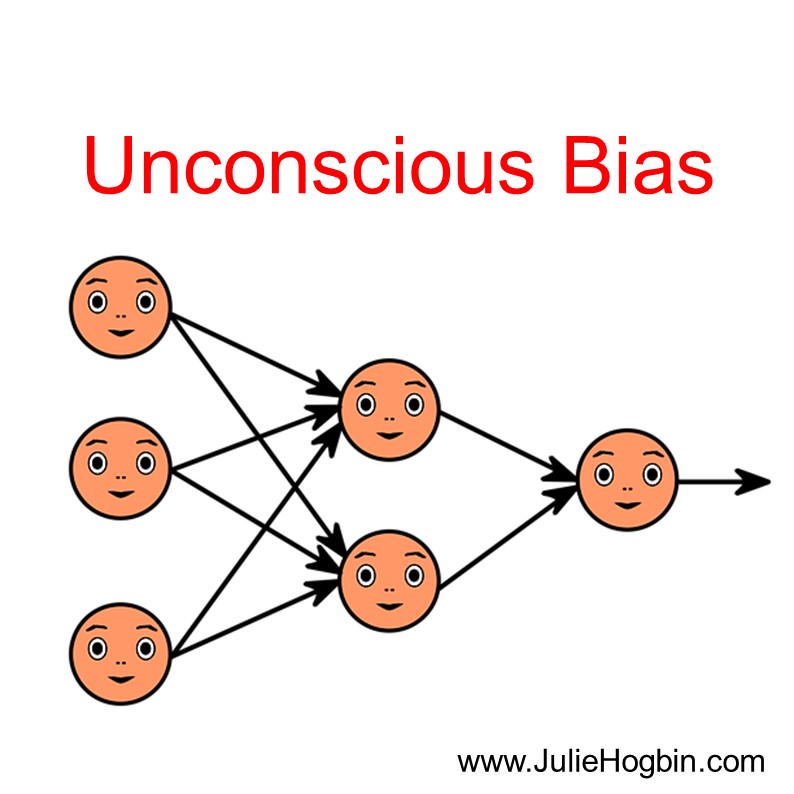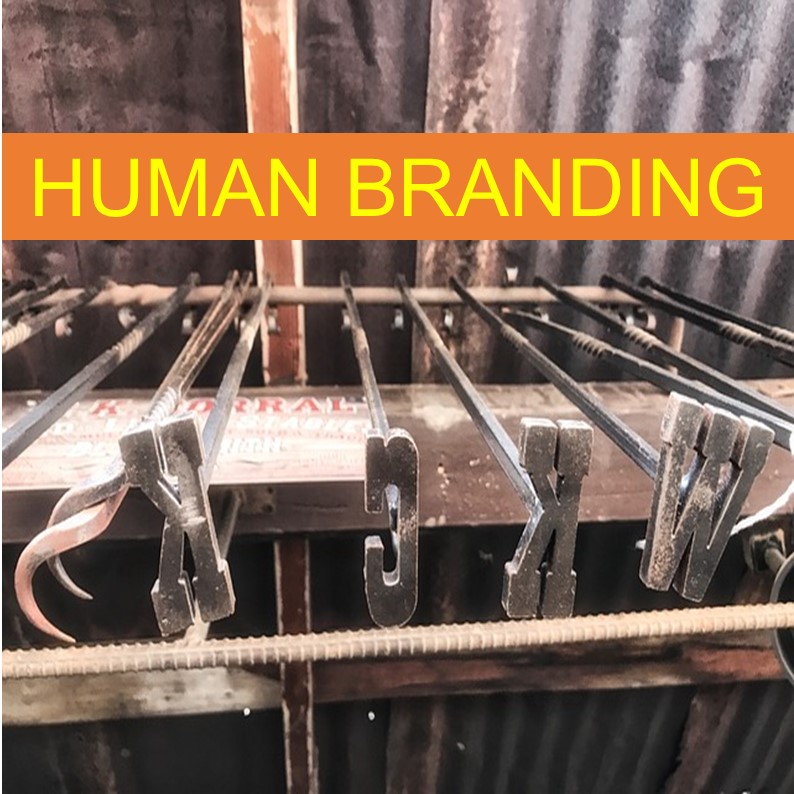With Every Happy There’s an Unhappy: The Yin & Yang of Real Life We all chase the happy. Promotions, milestones, new relationships, a full bank account, and sadly, some think they can never be happy, because they feel they need more. Chasing is not the answer, and that is another article
It Isn’t All About You (Or Me): The Power of Projection in Relationships
It Isn’t All About You (Or Me): The Power of Projection in Relationships
Unleash Your Mental Plasticity: Rewire Your Mind for Lasting Change
The Hidden Key to Change: How Mental Plasticity Shapes Your Future and how you can rewire your mind for lasting change Why Some People Find Change Easier Than Others Change. We all want it in some form, whether it’s a healthier body, a more fulfilling career, stronger relationships, or simply a life that feels more aligned with who we truly are. But here’s the truth: wanting change and actually making it happen are two completely different things. Some people seem to adapt effortlessly, while others struggle, getting stuck in cycles of doubt, frustration, and avoidance. Why? What makes change easier for some and so daunting for others? It all comes down to something called mental plasticity — your brain’s ability to rewire itself, create new habits, and step into a new version of you. If you’ve ever felt stuck, trapped in the same patterns, struggling to shift your mindset, or unable to move past fear—you’re not alone. And more importantly, you’re not broken. You simply need to learn how to rewire your thinking. So, let’s break this down in a way that actually helps you move forward. What Exactly is Mental Plasticity? Mental plasticity (or neuroplasticity) is your brain’s natural ability to change, adapt, and reorganise itself. It’s what allows you to learn new skills, break bad habits, and think differently about life’s challenges. In simple terms, your brain is not fixed. You are not set in stone. No matter how long you’ve been doing things one way, you can change. The problem? Most people don’t know how to work with their brain’s plasticity. Instead, they fight against it—resisting change, fearing discomfort, and staying stuck in old patterns. But here’s the exciting part: once you understand mental plasticity, you can use it to your advantage. You can train your mind to be more flexible, more resilient, and more open to transformation. Why Do Some People Find Change Easier Than Others? Not everyone has the same level of mental plasticity. Some people naturally adapt to change better than others. Why? Because they’ve trained themselves to be comfortable with discomfort. People who handle change well tend to: Embrace uncertainty rather than fear it. See challenges as opportunities rather than threats. Understand that discomfort is part of growth. Keep a long-term vision in mind, rather than getting caught in short-term struggles. But here’s the good news—mental plasticity is trainable. Just like a muscle, your brain can be strengthened and rewired to make change easier and more natural. The Five Stages of Change: Where Are You Stuck? Dr. Kübler-Ross first developed the five stages of grief, but these same stages apply to any major life change, whether it’s switching careers, ending a toxic relationship, starting a business, or transforming your health. Which stage are you currently in? Denial – “I don’t need to change.” This is the stage where we tell ourselves, “Everything’s fine. I can keep doing what I’ve always done and get a different result.” Except… deep down, we know that’s not true. If you feel stuck but keep convincing yourself that “one-day” things will magically change without effort, you’re in denial. Resistance – “This is too hard.” You’ve accepted that change is necessary, but now you’re in full-on fight mode. This is where frustration, anxiety, and self-doubt creep in. The old way feels safer. The unknown feels terrifying. Many people give up at this stage because the discomfort is too much. Rock Bottom – “I don’t know what to do next.” This is the breaking point. You’ve tried, you’ve failed, and now you feel overwhelmed, helpless, or stuck. This stage is crucial because you have two choices: Give up and retreat back to old habits. Push through and create a new way forward. 4. Testing – “Maybe I can do this.” This is where things start to shift. You begin experimenting with small changes. You start building confidence in your ability to adapt. At first, it’s uncomfortable. But the more you practice, the more it becomes a second nature. Acceptance & Growth – “This is who I am now.” At this stage, change is no longer something you’re forcing. It has become part of who you are. You’ve rewired your brain. You’re living the new reality. And you’re stronger for it. This is where true transformation happens. How to Train Your Mind for Change If you’re reading this and thinking, “This all makes sense, but how do I actually do it?”, here’s where to start: Create a Clear Vision Without a vision, your mind will cling to the familiar, even if it’s unhealthy. Ask yourself: Who do I want to become? What do I need to do differently? How will my life improve when I make this change? Rewire Your Self-Talk Your words shape your reality. If you keep saying, “I can’t do this,” “I’m not good enough,” or “It’s too late for me,” you’re reinforcing old mental patterns. Instead, shift your self-talk to: “I am capable of change.” “I handle challenges with confidence.” “Every step I take is moving me forward.” Make Discomfort Your New Normal Change is always uncomfortable at first. Instead of seeing discomfort as a sign to stop, see it as proof that you’re growing. Ask yourself: “Am I willing to be uncomfortable for a while so I can be stronger in the long run?” Surround Yourself with the Right People The people you spend time with either reinforce your old patterns or encourage your growth. Who challenges you to think bigger? Who supports your vision for change? Who holds you accountable? If you don’t have the right support system, it’s time to build one. Take One Small Action Today You don’t have to change everything overnight. But you do have to start. Think about that one small action you can take today that moves you closer to your goal. Do it now so things become easier to deal with. Final Thoughts: Change Starts With You If you’re tired of feeling stuck, frustrated, or
The Unwavering Nature of Personal Power when it is Accepted
The Unwavering Nature of Personal Power when it is Accepted Over the years, the British language shifted from the stoic ‘mustn’t grumble’ to the more ambivalent ‘not bad.’ this is part 2, part 1 published last week. This change might be indicative of a broader societal shift where personal responsibility is not as deeply ingrained as before. The ‘mustn’t grumble’ ethos, rooted in a time when perseverance and a collective spirit were essential, implied an inherent understanding of our duty to face challenges head-on without complaint. In contrast, the emergence of ‘not bad’ reflects a society more willing to voice discontent, potentially pointing to a diminished sense of personal responsibility. Where once challenges were met with a silent commitment to push forward, there is now a growing tendency to vocalise dissatisfaction, perhaps attributing challenges to external factors rather than looking inward for solutions. Now, I am not saying voicing discontent is a bad thing – it can be a very good thing when done well and for the right reasons. Rather than the ‘stiff British upper lip’ let us let people know what we think and feel and when the service is poor or downright bad, AND learn how to do it well, to the right people for the right reasons, at the right time NOT just moaning for moaning sakes and because it has become the ‘norm’ Following the linguistic transition from ‘mustn’t grumble’ to ‘not bad’, we can also observe an undercurrent of cultural change that has nudged society towards an attitude marked by negativity and fear. This is not to say that these emotions did not exist in previous eras; they did, but they manifested differently. The resilience and community spirit of bygone eras often acted as a buffer against the pervasive spread of negativity. Today, in an age of digital overexposure and constant comparison, which are both unhealthy, pessimistic and negative opinions often find fertile ground and breed with ease. One major factor is the rapid pace at which information travels in our modern world. News, especially negative news, spreads instantaneously, creating an echo chamber of fear. Be it economic downturns, political upheavals, or global crises, individuals are bombarded with a relentless stream of information that can foster anxiety. In this digital age, the magnitude and frequency of exposure to such news are unprecedented, and this consistent barrage can wear down even the most optimistic among us and only of we let it Remember: your thoughts need to be your own, not those imposed on you by others. Yet, it’s crucial to understand that personal power has not diminished; it remains as potent as ever. Personal power is an intrinsic quality, unyielding and constant. What has changed is how individuals choose to channel it. In earlier times, personal power was often directed towards collective well-being, community growth, and personal resilience. Today, amidst the noise of negativity, it’s easy to forget the strength that resides within and mistakenly believe that one’s ability to influence outcomes has waned. However, this isn’t the end of the narrative. Remember: Recognising that personal power remains unchanged offers hope. It is a call to action, urging individuals to tap into this reservoir of personal strength. By consciously redirecting this personal power, starting with self-first, you can combat the tide of negativity, reframe your perspectives, and realise that you have the agency to shape your destiny. While the challenges of the modern world might seem daunting, they are not insurmountable. Through introspection, self-awareness, and a commitment to positive action, challenging the status quo, you and society can once again foster an environment where optimism reigns, echoing the ‘mustn’t grumble’ spirit of yesteryears. ‘Nothing sits in isolation; everything is connected.’ Far more written to come on this subject & if you like audio please hop across to The Conscious Leadership Podcast to hear more there are over 200 episodes https://podfollow.com/conscious-leadership-podcast
The Art of Flattery: Why Do People “Blow Smoke”?
The Art of Flattery: Why Do People “Blow Smoke”? As you may imagine, something happened the other day where I witnessed someone blowing smoke (in my phrase) up someone a**e & I thought why do people do that?
How do we Unravel Unconscious Bias?
Unconscious Bias: How Does It Affect Us? We all like to think of ourselves as objective beings, making decisions based on logic and reason. But did you know a silent operator is influencing your choices and behaviours? Meet the unconscious bias, subtle prejudices we hold without even realising it. Man’s task is to become conscious of the contents that press upward from the unconscious. Carl Jung
Embracing the Present: Unshackling Ourselves from the Past
Embracing the Present: Unshackling Ourselves from the Past Embracing the present is a skill to learn for many of us and life is a series of moments, each building upon the last. However, our ability to thrive in the present is often shadowed by the burdens of our past. How can we find the strength to move forward, untethered by previous regrets or traumas? This article explores why and how you should unshackle yourself from the past to live a life enriched by the present. Remember: we all have a past, and our past does not have to be the prediction of our future. The choice is ours no one else
What is Hope?
What is Hope? Hope is a feeling of expectation and desire for a certain thing to happen. It is a feeling of positivity that can help you to overcome challenges and difficult times. It is an important emotion to have and utilise because:
Saying Yes and Meaning It, Saying No and Meaning It: The Psychology and Rewards of Knowing the Difference
Making decisions, as in saying yes or no and meaning it, which relate to both intra and interpersonal communication, can be challenging for some and easy for others. It is a skill set that all can learn 100%. Now whether you want to or not is a whole other ‘thing’. Learning it will probably involve change! Some will say there is a balance between saying “yes” and “no”. Which I can accept if you fall too heavily one way or the other. I bet you have met that person that whatever you suggest their automatic response in no! and I am not a gambler and I bet you have also met the person that says yes to everything, resulting in them supposedly being in 3 places simultaneously! Each response carries its own set of implications, and striking the perfect balance is a skill crucial for emotional and mental health. The psychology behind saying “yes” and “no” is immense and far more than one article will cover (I will write more on the subject) Remember: Each use of either yes or no, regardless of reason, brings rewards to the issuer Saying Yes and Meaning It When we say “yes” and mean it, we are opening ourselves up to: Experiences, Relationships, Opportunities Personal growth and Happiness. Saying “yes” is an act of acceptance – it signifies a willingness to participate, to be involved, and to make connections and that can foster magic or mayhem Psychologically, it can manifest as an act of agreeableness and open-mindedness, both of which are integral personality traits that promote positive social interactions. The Physiological Perspective From a psychological perspective, saying “yes” and meaning it can trigger a release of hormones such as dopamine and oxytocin. These hormones generate feelings of happiness, pleasure, and bonding. They help us connect better with others and feel more optimistic about life. Dopamine, the ‘feel good’ hormone, is associated with the reward system in our brain. We feel happy and satisfied when we say “yes” to something we truly want to do or experience. Remember: saying “yes” should be a conscious and mindful decision, not a compulsive reaction to external pressure or fear upsetting someone. The inability to say “no” out of fear of rejection or conflict can lead to an unhealthy pattern of behaviour, often characterised by overcommitment, low self-esteem and burnout. Saying No and Meaning It The power to say “no” and mean it is equally important. Saying no is a crucial aspect of maintaining personal boundaries and ensuring mental well-being. Saying “no” is essentially an act of self-care – it involves setting limits, preserving energy and prioritising one’s own needs. The ability to say “no” corresponds to the psychological concept of assertiveness, which is the ability to express oneself and one’s rights without violating the rights of others. Being assertive means having the courage to express your feelings and standing up for one’s point of view, while also respecting the feelings and beliefs of others. Psychologically, saying “no” and meaning it opens us up to: Maintaining self-esteem Reduces stress. Avoiding situations and tasks that are undesirable, Stopping others from being overbearing or harmful. Remember: saying “no” should be a conscious and mindful decision with all the decision-making information in mind, not a knee-jerk reaction for attention. By saying “no” to such situations, you are, in effect, saying “yes” to your mental and emotional well-being. Furthermore, the ability to say “no” can be associated with the development of resilience and the promotion of autonomy. Say NO to others and YES to yourself and the opposites for the right reasons. Like saying “yes,” saying “no” also requires balance. Constantly declining opportunities or isolating oneself can lead to missed experiences and potential social disconnection. The Rewards of Balance Finding the right balance between saying “yes” and “no” and meaning it is an art. It requires self-awareness, an understanding of your own values and motivators, and the courage to express yourself. It requires confidence, decision-making skills, information-gathering skills, a deep connection with your intuition and above all, knowing your worth and value for self and others. Saying “yes” or “no” extends beyond verbal communication. It reflects your psychological state and ability to balance your needs and wants with those of others. By harnessing the power of “yes” and “no” and using them mindfully and assertively, you unlock the potential to lead more fulfilling, balanced, and healthier lives. If you like what you read in the articles, you may like to read one of Julies books on and on or listen in to Please subscribe and follow more books being written and episodes being produced 🙂
Human Branding & What is it?
I have been hearing the phrase ‘Human Branding‘ and wondered what it meant for a short while and it triggered a reaction within me and here is why.






